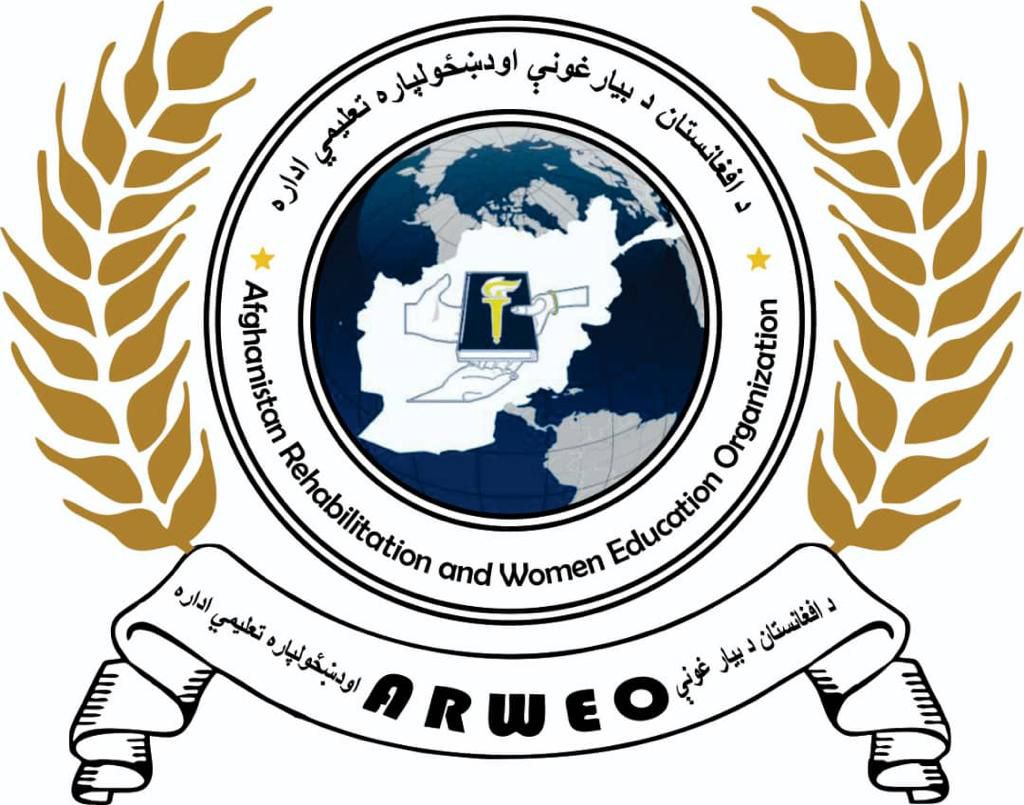Financial Afghanistan Rehabilitation And Women
Education Organization Project ListProject.1: Youth Livelihood Resilience for 212 Returnees in Kabul, Faryab, Nangarhar & Kunar (2025):
ARWEO’s rapid response at Torkham turned first contact into concrete services and outcomes for returnee families now engaged in Kabul, Faryab, Nangarhar and Kunar. Since March 2025, a two-window Help Desk at Torkham Zero Point—set up with UNICEF, UNHCR and provincial authorities—has guided parents on school enrolment and child safeguarding (Help Desk I) and registered adolescents and youth for education, skills, livelihoods, WASH, digital inclusion and social protection (Help Desk II). As a result, 212 youth are enrolled in the programme with named referrals into learning and protection pathways, and immediate placement into skills tracks that they can apply at home or in local markets.
Evidence from Help Desk II and a Youth Development Network-YDN-led assessment of 230 young returnees (15–24) across 21 districts translated into targeted delivery with measurable benefits. About 64% (≈147 youth) prioritised practical skills to start small businesses; ARWEO provided toolkits, coaching and market linkages—catalysing 89 operating micro-enterprises (livestock, poultry, beekeeping, shoemaking, tailoring, fibre products). A further 102 participants received agricultural inputs to stabilise output and income. Digital literacy support focused on safe use, freelancing, e-commerce and marketing, coupled with device/connectivity access and job links. Accountability stayed live via hotline, suggestion boxes and community forums, while tracer studies track education completion, digital work uptake and business survival. Employer and platform partnerships (via MoUs) are converting training into actual placements and sales. Overall, returnee youth are using these skills and inputs to earn, save and reinvest—strengthening household resilience and restoring dignity.
Project.2: Women Skills and Livelihood Resilience Support:
ARWEO’s UN Women–supported capacity-building directly translated into jobs for participating women across local NGOs and community-based organizations. Through targeted trainings—project management, M&E follow-up, annual/project budgeting, financial and administrative/tax policies, and project accountability/CFM with strong PSEA/anti-fraud emphasis—women strengthened practical competencies in writing and reporting, professional communication, leadership, management, safeguarding/protection, and more. Results included promotions for staff, a volunteer transitioning into paid employment, measurable performance improvements, and salary increases—evidence that the skills are being applied in real workplaces, etc.
On livelihoods, ARWEO—building on UN Women’s initial caseload—assessed an additional 232 women-headed households affected by the September 2025 earthquake in Kunar, Laghman, and Nangarhar. With complementary support from the Mohammad Al Thani Foundation, ARWEO developed women’s entrepreneurship and income-earning skills in poultry farming, livestock and dairy, kitchen gardening, tailoring and embroidery, curtain making, and food preservation. As a result, all 232 households enhanced skills, forged links to local markets, expanded productive assets and businesses, and increased average monthly incomes from about AFN 5,400 to AFN 8,200 on monthly basis. Overall, this made vulnerable women and their households economically resilient and live with protection and dignity
